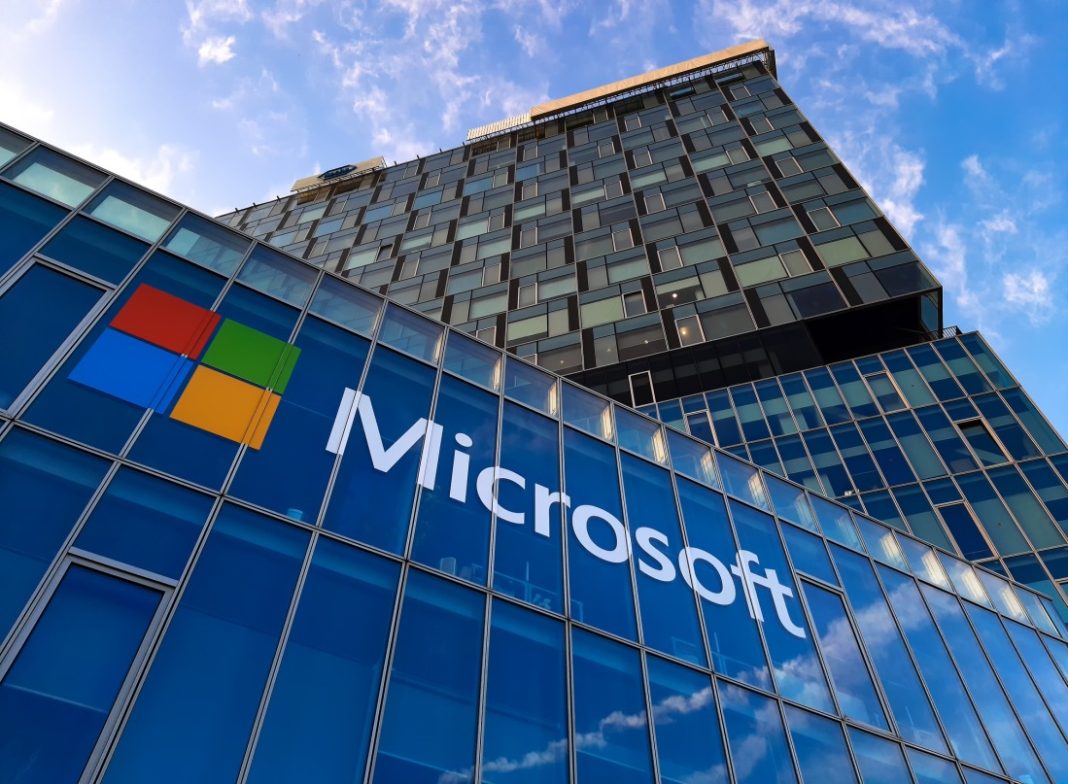LAGOS, Nigeria – Microsoft is reportedly considering shutting down its African Development Centre (ADC) in Lagos, Nigeria.
This decision has sent shockwaves through the local technology community and has left many employees concerned about their future.
Opened in 2019 as part of a significant $100 million initiative, the Microsoft ADC in Lagos was established with the aim of nurturing local tech talent and fostering innovations in sectors such as fintech, agritech, and off-grid energy.
The centre was intended to recruit hundreds of engineers to contribute to these fields.
Sources who spoke to The Guardian on Tuesday, May 7, 2024, revealed that Microsoft staff were informed about the closure plans on Monday.
According to these insiders, the employees affected by this decision might continue to receive their salaries until June, along with their health insurance benefits.
The potential closure of the ADC could have profound implications for Nigeria’s technological landscape, affecting job opportunities and innovation within the sector.
The sudden announcement has not only stirred unrest among the Lagos team but has also raised alarms at the Nairobi ADC, Kenya where employees are reportedly seeking clarity about the stability of their own positions amid fears of similar closures.
The ADC in Nairobi, which recently moved to a new ultra-modern facility at Dunhill Towers along Waiyaki Way, remains a pivotal part of Microsoft’s operations in East Africa.
This center houses over 450 full-time employees and includes entities like the Microsoft Garage and the Microsoft Research Institute (MARI).
It is considered a key element of Microsoft’s commitment to developing technology solutions that cater to both local and global challenges, emphasizing deep integration with local tech ecosystems and academic institutions.
As of now, Microsoft has not publicly commented on the reasons behind the planned closure of the ADC in Lagos or confirmed the reports officially.
Industry experts suggest that the challenging economic conditions in Nigeria may have played a significant role in Microsoft’s decision.







